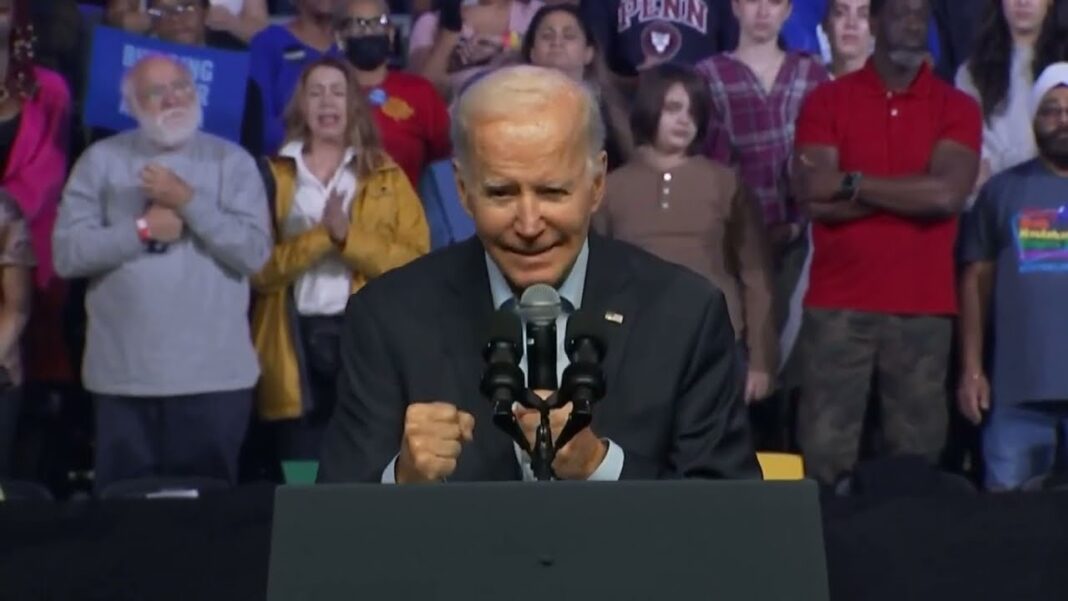Critics say Article 23 would crush the city’s remaining freedoms and stifle foreign business in the Asian financial hub.
Hong Kong has adopted a new sweeping national security law that critics say will crush the city’s remaining freedoms and stifle foreign business in the Asian financial hub.
The new bill, known as Article 23, was passed unanimously by Hong Kong’s Legislative Council, a 90-seat body now dominated by politicians backed by the Chinese Communist Party (CCP) following its “patriots only” overhaul of the city’s electoral system.
Article 23 covers five offenses: treason, insurrection, theft of state secrets and espionage, destructive activities endangering national security, and external interference.
Article 23, outlined in Hong Kong’s Basic Law enacted after its handover from British rule in 1997, mandated that Hong Kong write its own national security code. Previous attempts to legislate the bill in 2003 led to a massive protest, with half a million residents taking to the streets, forcing the government to shelve the proposal.
Hong Kong’s Legislative Council presented the bill again on March 8, sparking widespread condemnation from international governments and figures.
The U.S. government has highlighted concerns over the vague and expansive definitions outlined by the Hong Kong government, particularly regarding terms such as “state secrets” and “external interference.” Such ambiguity is feared and “could be used to eliminate dissent through the fear of arrest and detention,” Matthew Miller, a spokesperson for the State Department, said in a February statement.
“We are also concerned that Hong Kong authorities will apply Article 23 extraterritorially in their ongoing campaign of transnational repression to intimidate and restrict the free speech of U.S. citizens and residents,” he said.
Hong Kong has already implemented a national security law introduced by the CCP in 2020. Since the enactment of the sweeping legislation, Hong Kong has taken a swift authoritarian turn, with most democratic politicians now either in jail or self-exile, dozens of civil society organizations folding, and international businesses leaving the city.
Despite the criticism, Article 23 fast-tracked through Hong Kong’s legislature in just 11 days and will come into effect on March 23.
By Dorothy Li







